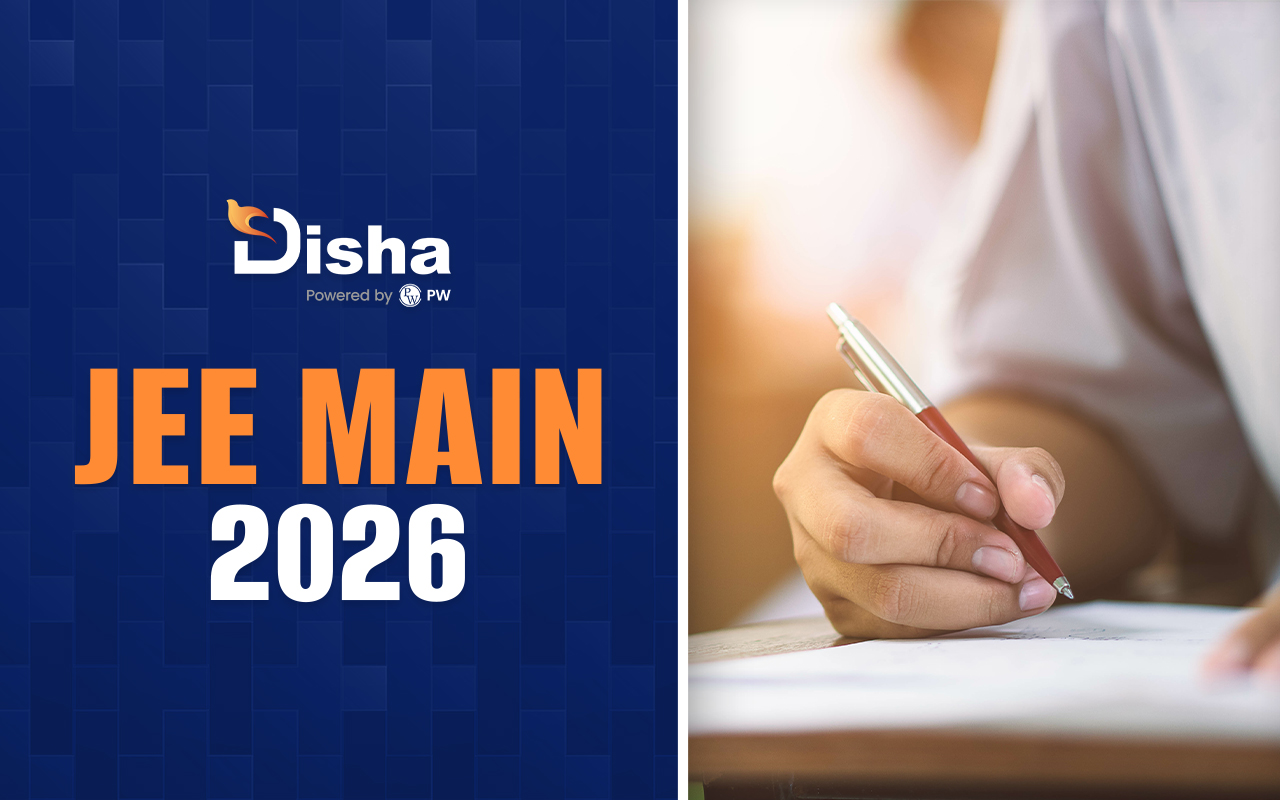
Explore Disha
Featured Blog
All Blogs

DISHA BLOGS
JEE Mains Past 5 Years Trends Analysis
Read Full Story
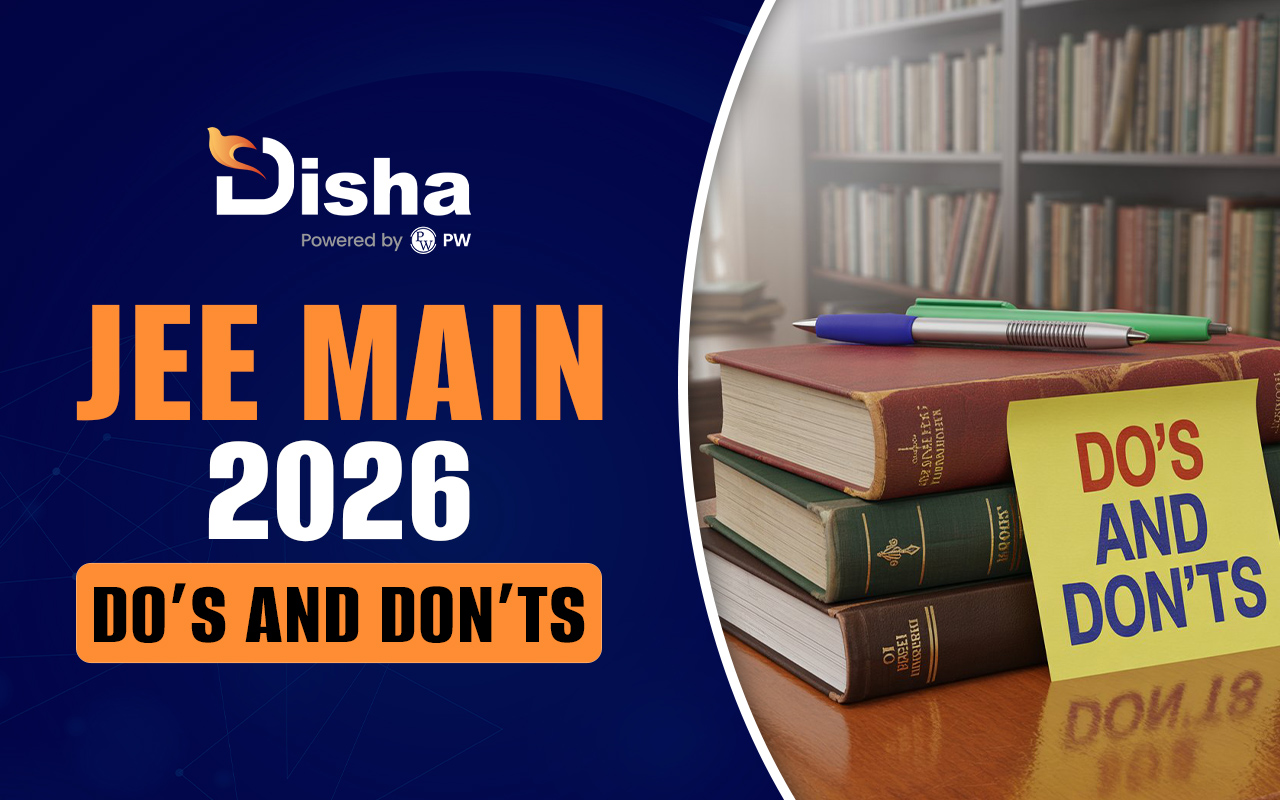
DISHA BLOGS
JEE Mains 2026: Do’s and Don’ts
Read Full Story

DISHA BLOGS
NEET 2026 Registration
Read Full Story
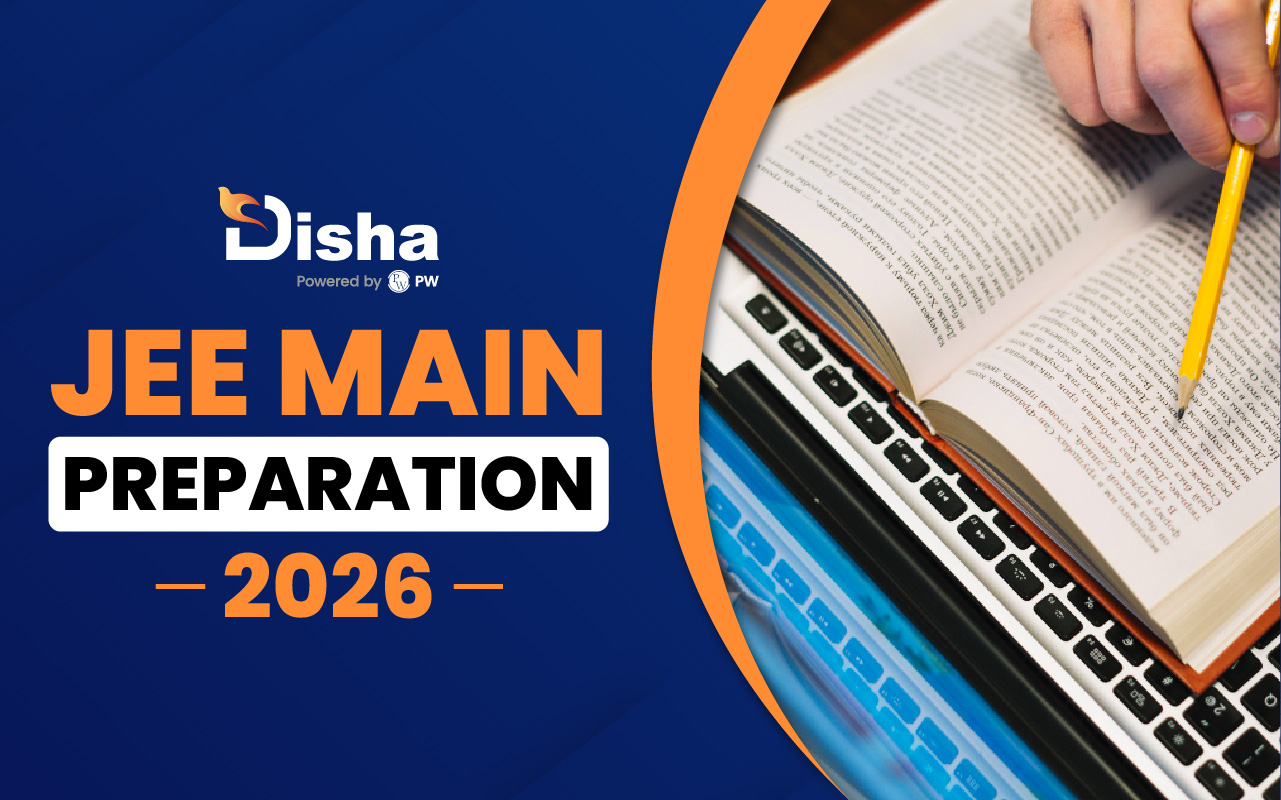
DISHA BLOGS
JEE Main Preparation 2026
Read Full Story
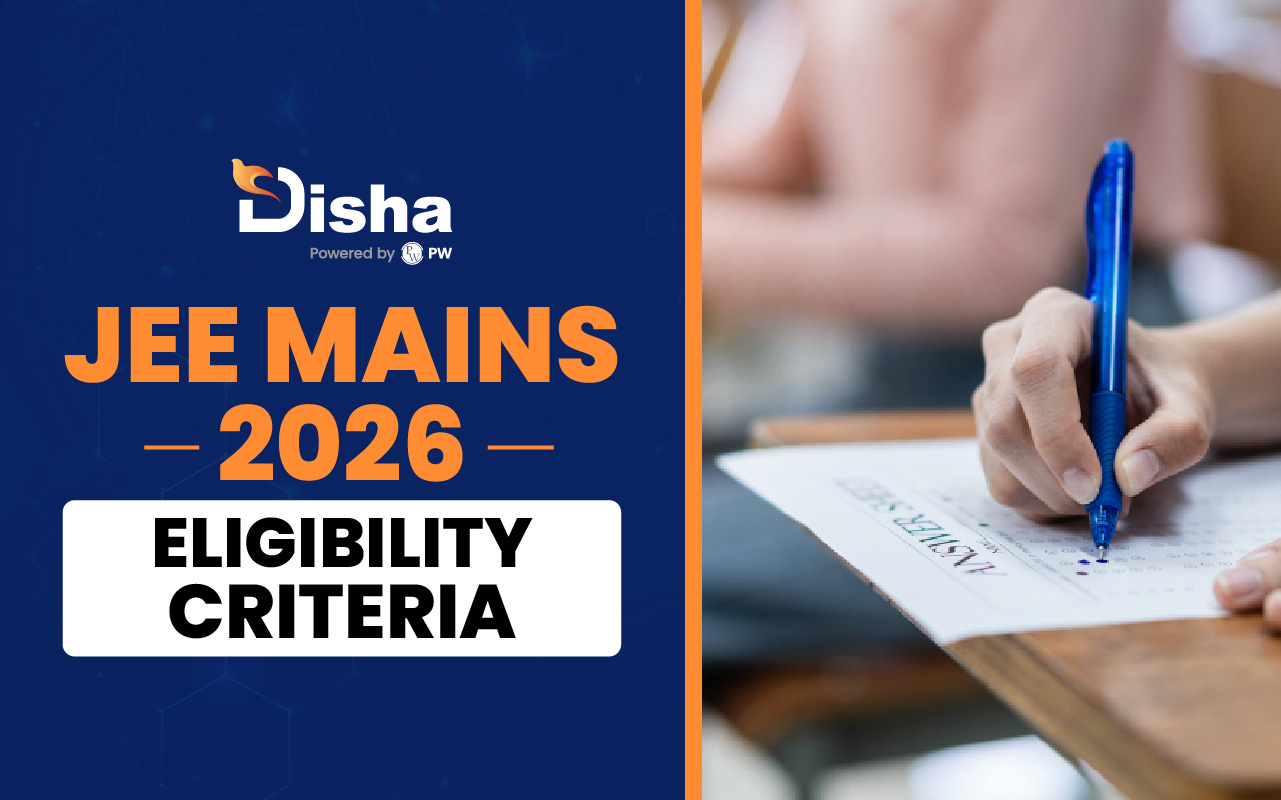
DISHA BLOGS
JEE Main 2026 Eligibility Criteria
Read Full Story
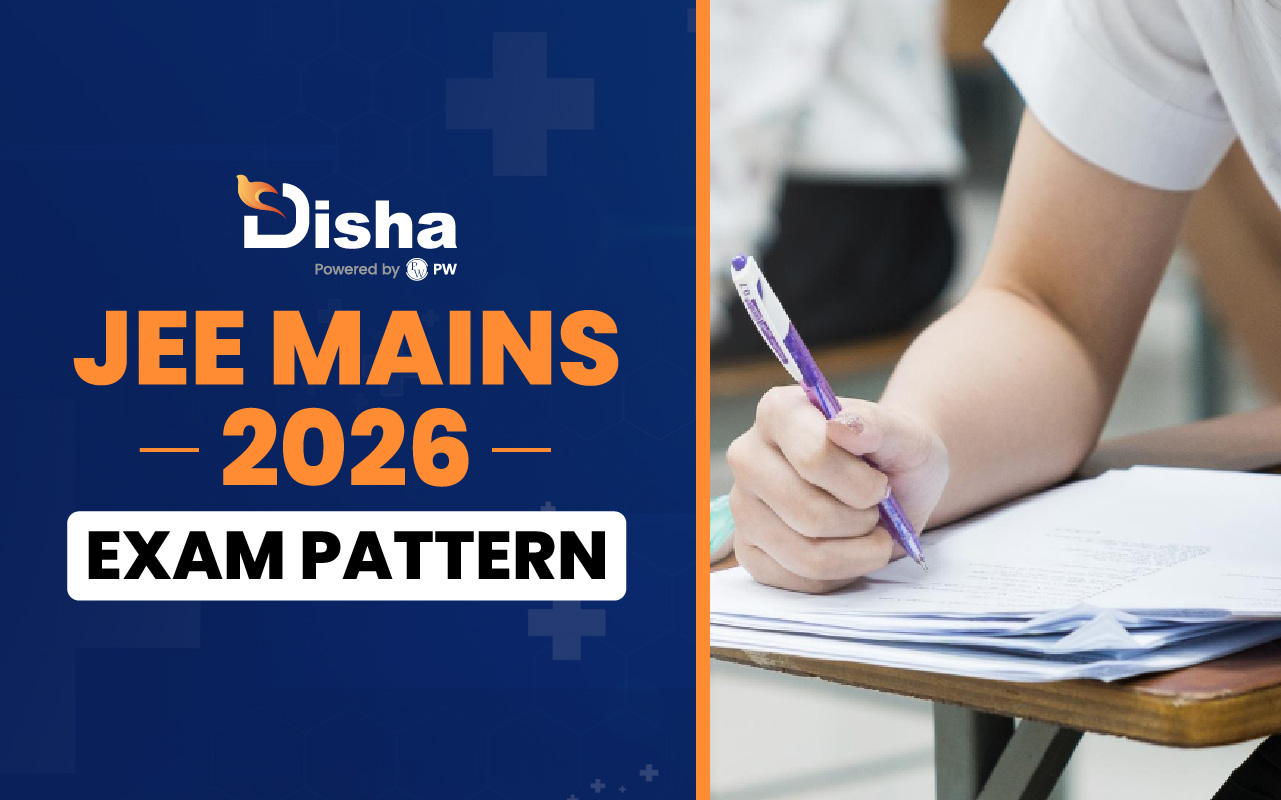
DISHA BLOGS
JEE Main 2026 Exam Pattern
Read Full Story
PW DISHA 1:1 Mentorship Program FAQs
What is the DISHA program?
DISHA is a One on One Mentorship Program by Physics Wallah, offering personal guidance, motivation, and exam strategies to NEET and JEE aspirants to help them stay on track. It covers aspects like time management, syllabus coverage, and maintaining confidence throughout the preparation process.
Is it only for NEET students? Or is it for JEE aspirants as well?
No, it is not only for NEET students. DISHA is for NEET students, JEE students of Class 10, 11, 12, and even droppers.
Does the mentor provide teaching for the subjects?
No, this is a guidance program only. It does not involve subject teaching. The program is centered around guidance, exam strategies, and motivation.
How much is one session priced
A session is priced at ₹149. You can buy as many additional sessions as you like.
Can droppers also join the program?
Yes, droppers can join the program if they are preparing for NEET or JEE. Droppers can significantly benefit from the structured guidance and personal mentorship provided by DISHA.




